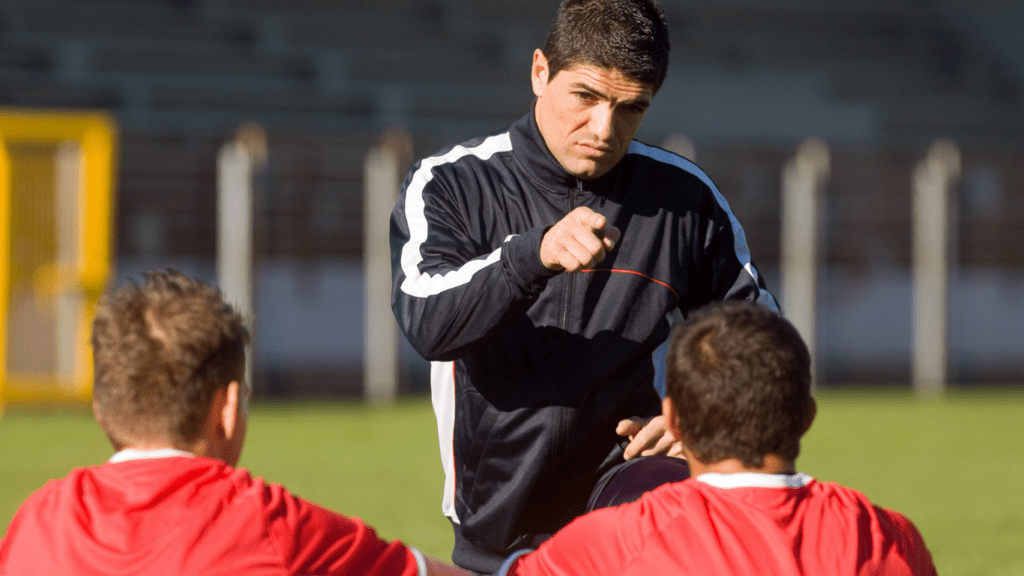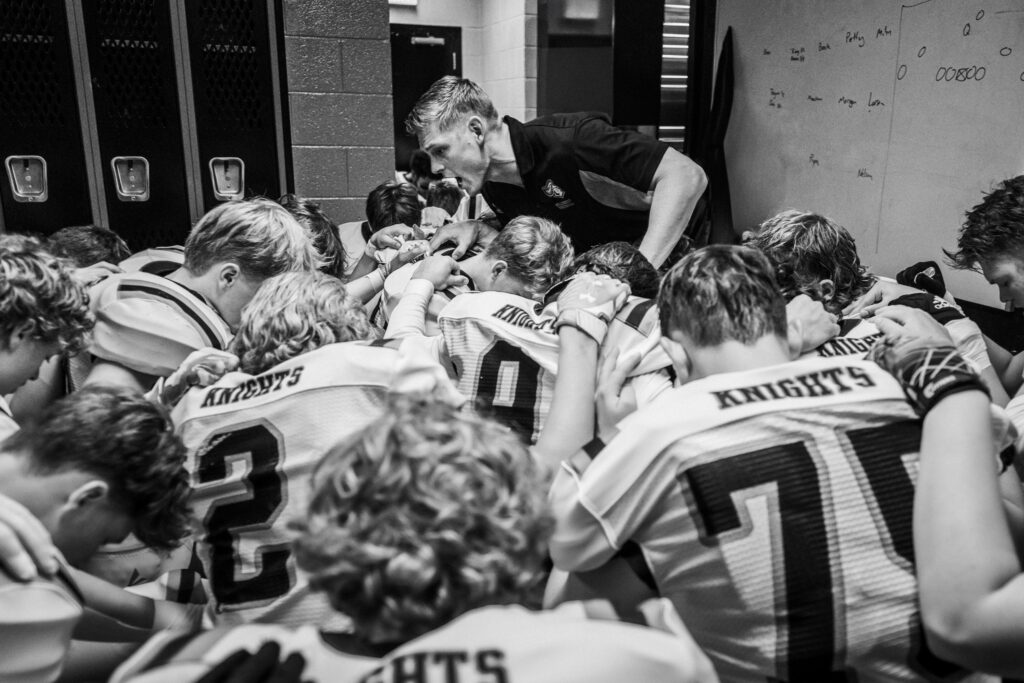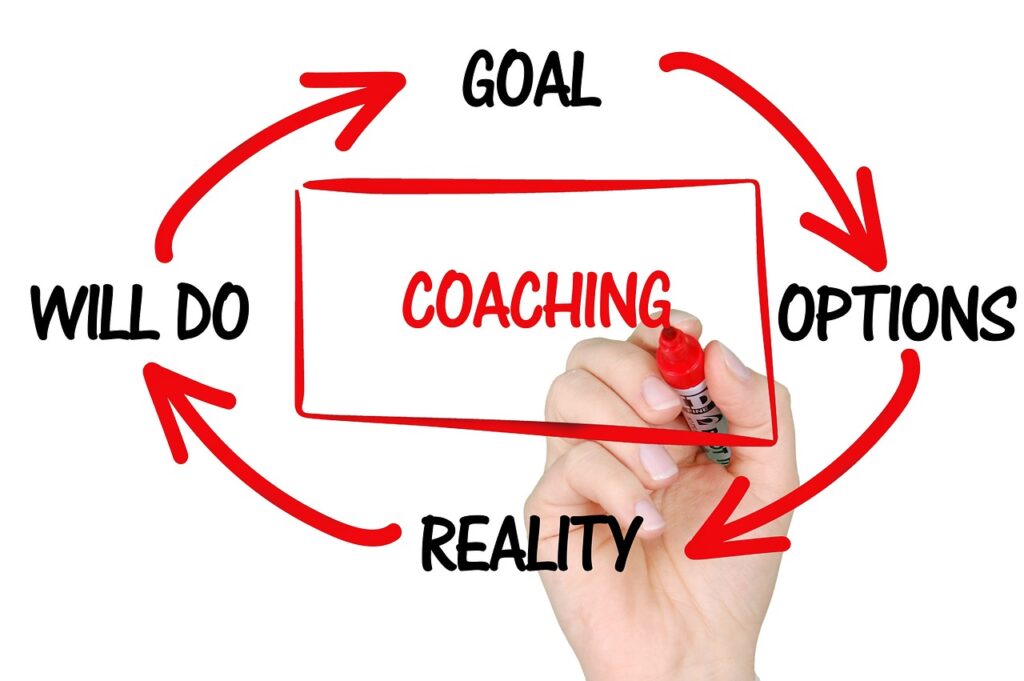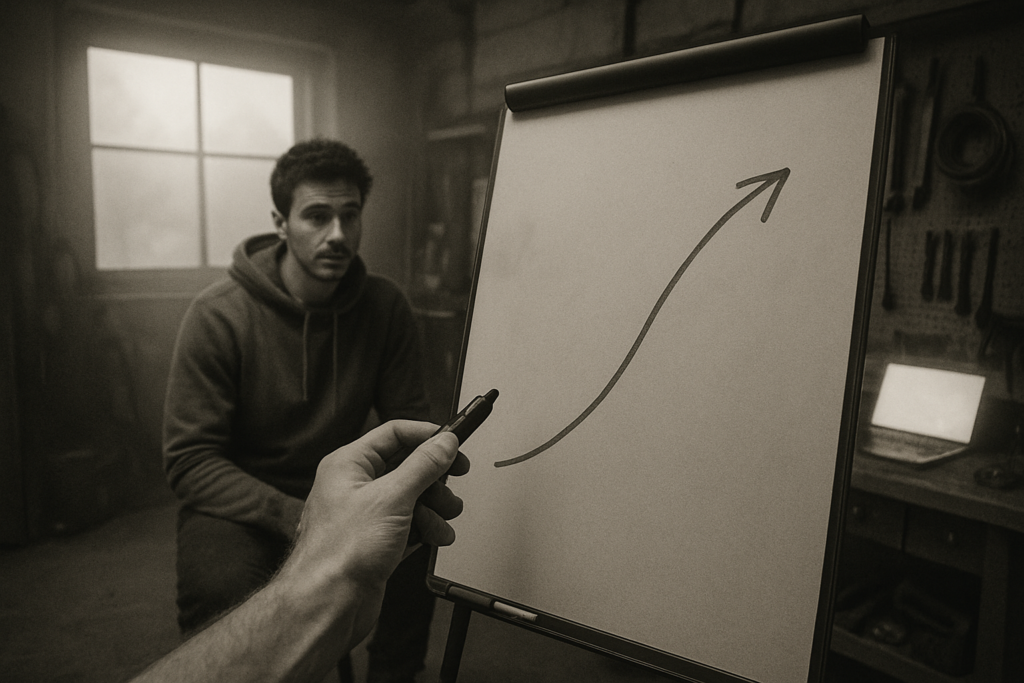As a coach, I’ve learned that building trust with athletes is the cornerstone of effective coaching. When athletes believe in their coach, they’re more likely to embrace feedback, push their limits, and achieve their goals.
Trust creates a safe environment where athletes can express their vulnerabilities and strive for greatness without fear of judgment. In a world where performance often overshadows personal connection, fostering trust can be a game-changer.
It transforms the coach-athlete relationship into a partnership, paving the way for open communication and mutual respect. This article explores practical strategies to cultivate trust, ensuring that athletes not only thrive in their sport but also grow as individuals. Let’s dive into the essential elements that make trust the foundation of successful coaching.
Understanding Athlete Trust
Athlete trust forms the backbone of an effective coaching relationship. Trust enables open communication, enhances learning, and drives motivation.
Definition of Athlete Trust
Athlete trust refers to the confidence an athlete places in their coach’s knowledge, intentions, and support. It encompasses belief in the coach’s ability to foster improvement and prioritize the athlete’s well-being.
Essentially, trust creates a bond where athletes feel secure in sharing their challenges and aspirations, knowing their coach has their best interests at heart.
Importance of Trust in Coaching
Trust plays a critical role in coaching effectiveness. It enhances receptiveness to feedback, which boosts skill development. When athletes trust their coaches, they display increased commitment, leading to higher performance levels.
A trusting environment encourages athletes to take calculated risks, fostering personal growth. Athletes are more likely to voice concerns, leading to constructive dialogue and tailored training strategies. Ultimately, a strong sense of trust cultivates a positive atmosphere that supports both athletic performance and emotional resilience.
Strategies for Building Trust
Building trust involves intentional strategies that foster strong relationships between coaches and athletes. Effective communication and reliable actions create a solid foundation for this bond.
Open Communication
Open communication fosters an environment where athletes feel heard and valued. I encourage regular check-ins to discuss goals and address concerns. Listening actively to athletes’ feedback demonstrates respect for their thoughts and feelings.
Providing honest, constructive feedback also strengthens trust by showing commitment to their development. Promoting transparency about coaching decisions helps athletes understand the rationale behind training approaches, further enhancing trust.
Consistency and Reliability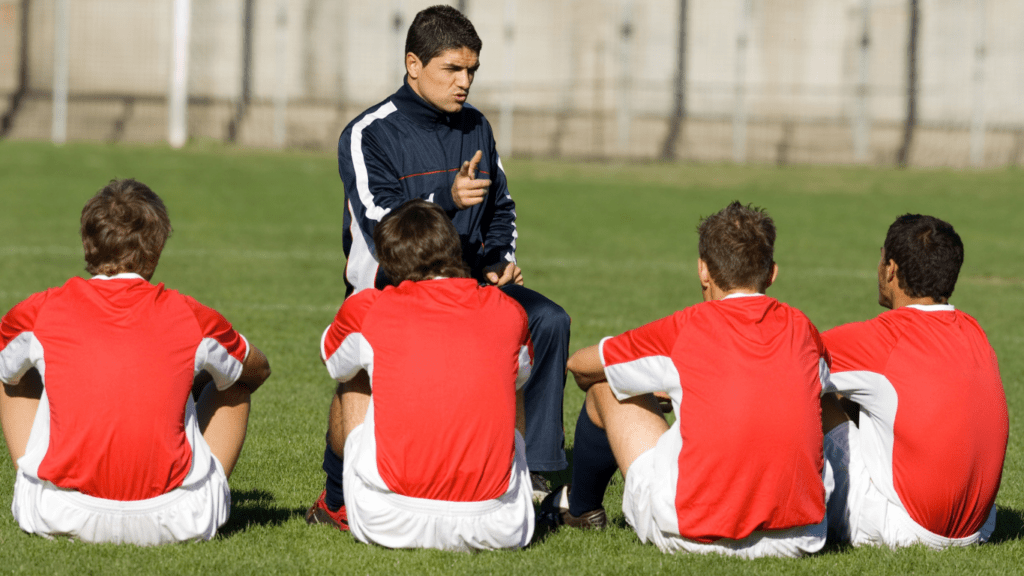
Consistency in actions and messaging reinforces athlete trust. I ensure that expectations remain clear and that I follow through on commitments. By being present and available for athletes, I demonstrate reliability.
Maintaining a steady approach to training and feedback cultivates a sense of security, allowing athletes to focus on performance. Upholding promises and delivering on support contribute to a thriving trust dynamic between coach and athlete.
The Role of Empathy in Coaching
Empathy is essential in coaching, forming a bridge between coaches and athletes. It enhances understanding and nurtures trust, leading to more effective training experiences.
Understanding Athlete Perspectives
Understanding athlete perspectives involves recognizing their unique experiences, emotions, and challenges. I actively encourage athletes to share their thoughts on training and competition.
This insight fosters tailored coaching strategies that meet their specific needs. By validating their feelings, I promote an open dialogue that allows athletes to express themselves without fear.
Adaptability to their perspectives leads to improved communication and stronger coach-athlete relationships.
Creating a Supportive Environment
Creating a supportive environment requires intentional actions that prioritize athlete well-being. I ensure athletes feel valued and respected through consistent, positive engagement. By providing constructive feedback and celebrating achievements, I cultivate motivation and resilience.
Regular team meetings enhance camaraderie and reinforce a sense of belonging. When athletes trust that their emotional and physical needs are met, they’re more likely to perform at their best and pursue personal excellence.
Measuring Trust in Coaching Relationships
Trust in coaching relationships can be effectively measured through various methods. Assessing trust provides insight into the strength of the bond between coach and athlete, which directly influences performance and growth.
Methods of Assessment
- Surveys and Questionnaires: I often use surveys that include trust-related questions, allowing athletes to rate their level of trust in me. These surveys often ask about perceptions of my competence, integrity, and reliability.
- One-on-One Interviews: Conducting interviews fosters open dialogue. I encourage athletes to share their feelings about our relationship, offering invaluable qualitative data on trust levels.
- Observation: I observe athletes’ interactions during practices and competitions. Signs of trust, such as open communication and willingness to take risks, indicate strong trust.
- Feedback Mechanisms: I implement regular feedback loops, where athletes can express their thoughts about my coaching methods and approach. Positive feedback generally correlates with higher trust levels.
- Goal Attainment: Tracking progress toward personal and performance goals serves as an indirect measure of trust. When athletes trust my coaching, they more frequently engage with training plans, achieving better results.
Impact on Performance and Growth
Trust significantly impacts athlete performance and growth. Athletes who trust me are more receptive to feedback. They tend to embrace challenges, leading to improved skills and resilience. Trust reduces anxiety, allowing for a focused mindset during competitions.
Athletes with a high level of trust in their coach often take ownership of their training. They actively engage in discussions about their goals and concerns, leading to personalized coaching strategies. This individualized attention enhances motivation and accountability.
Additionally, trust encourages a positive training environment. When athletes feel secure, they’re more likely to experiment with new techniques and strategies. This openness fosters continuous learning and development, driving performance to new heights.

